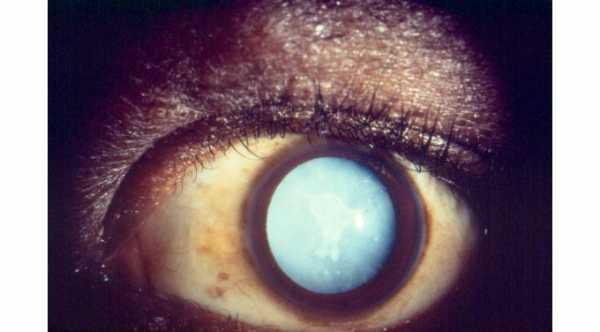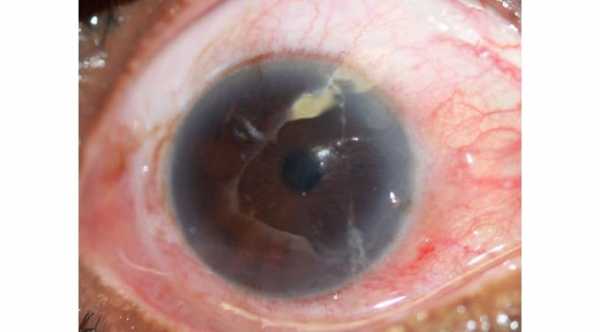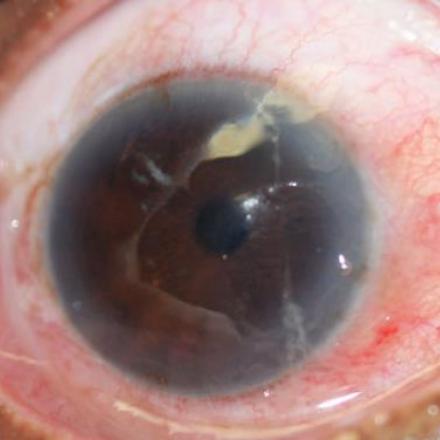
Cataract Surgery Complications
The risk of complications after cataract surgery is low and only 5% of patients have complications after cataract surgery. Most of these complications are mild, reversible and don't cause permanent visual loss but some of them can be severe and either partial or complete visual loss can occur.
The incidence of cataract surgery complications depends on:
1- Type of Cataract
2- Density of Cataract
3- The surgeon
4- Ocular and systemic diseases
Complications of Cataract Eye Surgery are:
High Intraocular Pressure. Normal intraocular pressure is around 10-20 mmHg. There are many factors that cause increase in intraocular pressure and most of time it is a transient condition.
Low Intraocular pressure. Intraocular pressure this is lower than the normal value.
Endophthalmitis. Endophthalmitis is bacterial or fungal infection of the intraocular part of the eye. It ranges from mild to severe and it can cause permanent visual loss.
Posterior Capsule Rupture. Rupture of the bag that hold the natural crystalline lens and artificial intraocular lens. Actually this complication occurs during the cataract surgery and this factor is very important to determine the location of intraocular lens implantation. Either implanted in the posterior Chamber ( The recommended site) or in the anterior site.
Posterior Capsular Opacification. Opacification or fibrosis of the bag that holds the intraocular lens in place.
Retinal Detachment. Seperation of the retina from the underlying choroid.
Choroidal Hemorrhage. Bleeding from the choroid and accumulation of bleed between choroid and sclera.
Corneal Edema. Collection of fluid in corneal stroma. It is a transient condition.
Macular Edema. Collection of fluid in the macular area of the retina. Macula is the area of the retina that is responsible for highest visual acuity. Fluid is leaked from damaged retinal blood vessels and it occurs mainly in patients with Diabetic Retinopathy.






